This is one of 4412 IT projects that we have successfully completed with our customers.How can we support you?

PTA / IT project database / Projekt ID: 4188
System analysis: Integration of blood depot into laboratory information system (LIS)
Brief description
The customer is a manufacturer of several laboratory information systems (LIS) in use worldwide. This product landscape should be consolidated on one product. In the same context, specialist functions that already exist in the systems to be phased out should also be available in the new product. In the course of this changeover, PTA evaluates to what extent functions of blood stock management from the LIS solution being phased out can be integrated into the LIS solution to be used in future. For this purpose, requirements on the functions of the blood stock management are registered, documented and analyzed according to their implementation potential (requirements engineering). Next, initial prototypes of these solutions are designed and evaluated so as to assess the feasibility of different approaches to the solution.
Supplement
Existing functions should be retained in full and improved in individual cases by means of the information obtained during the system analysis. Due to the number of different possibilities for integrating blood stock management functions, the objective is not only to retain the already established functions, but also to improve the usability of known workflows and features (usability engineering).
Subject description
What is required is not only knowledge of the information technologies to be phased out and those to be used in the future, but also knowledge of sequences, risks and general conditions during work in immune-hematological laboratories as well as during blood transfusion. In addition to legal requirements (such as guidelines from the German Medical Council, RiliBäk), the general conditions of the spatial and timing organization of registered doctors in private practice, clinics and laboratories also play a role and must be considered in the system analysis. The ultimate consequence is the need for requirement-based documentation. Information sources for this provide functions of the LIS solution to be phased out as well as its documentation, in addition to user experience and general legal provisions.
Overview
- Industries medical technology
- Specialist tasks BPM: process design, laboratory systems, Usability
- DV tasks IT consulting
- System environment Client/Server
- Procedure model customer standard
Project start01.07.2013
Contact
PTA GmbH Head Office
Weberstraße 2-4
D-68165 Mannheim
Service
Industries
© Copyright 2024 PTA GmbH | All rights reserved | Imprint | Privacy | Legal notice | Values & Code of Conduct

